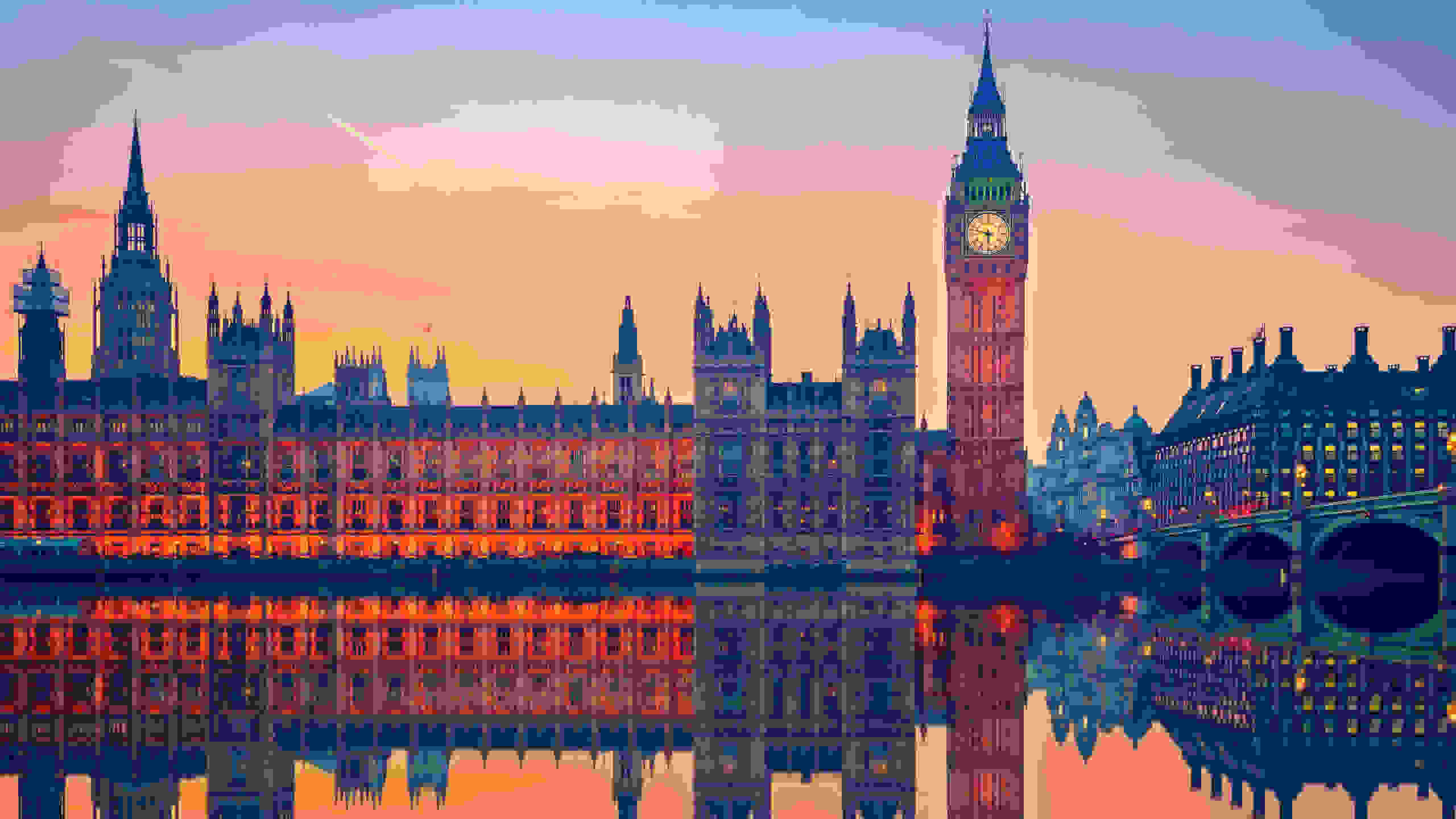News / What has Keir Starmer got in common with Robert Redford? - Parliament Matters podcast, Episode 42
The legislative process is underway following the King’s Speech, so what bills are planned? This week, Professor Philip Cowley, an expert on parliamentary rebellions, joins the podcast to discuss managing a mega-majority. Intriguingly, he reveals why Keir Starmer reminds him of Robert Redford.





